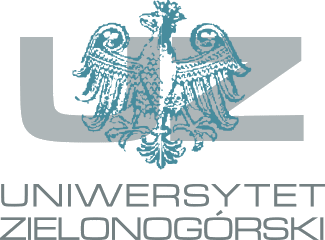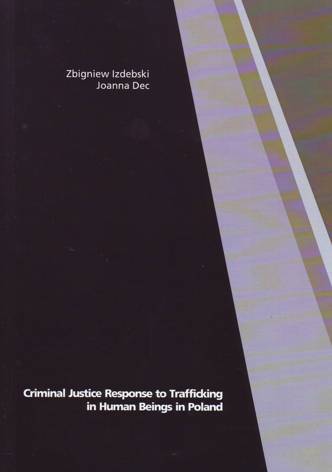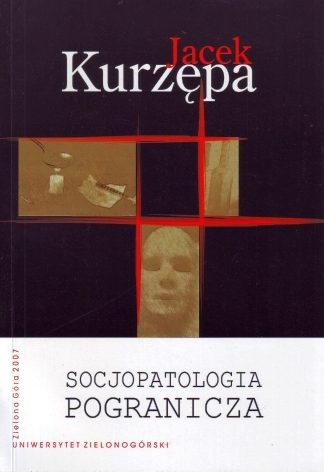Opis
The late 1980s and the early 90s were characterized with significant changes on the geopolitical map of Central and Eastern Europe. The period of system transformation in Poland brought not only political changes. Apart from their positive effects, the political and economic changes in our country impoverished a large part of our society. This affected Poles’ standards of living. Economic hardships, growing unemployment, shortage of opportunities of improvement of life, unstable labor market situation, all this made people migrate westwards with hope for better lives. People felt lost in the new circumstances and they were not able to adapt to them; many a man lost their jobs and it was hard for them to find a new one. Poverty causes some pathologies. Among other things, poverty make more and more people leave their country without being aware of the hazards that they may face there. Some of them become victims of trafficking in human beings.
Unaware of the threats related to illegal labor recruitment, without any knowledge about the conditions of living and work abroad, especially women are posed at the risk of becoming victims of traffickers in human beings. They are sold and, then, forced to work in sex business, for which they do not receive appropriate remuneration. The present problem of trafficking in and smuggling of human beings is, among other things, the result of opened borders of the former communist countries.
Since the early 1990s the problem of trafficking in people has been permanently growing in Poland. Due to its geographical situation, Poland has three functions in the process of trafficking in human beings. It is the country of origin of the victims, a transit country (people from Eastern Europe are being smuggled across the territory of Poland), and the destination country in the process of trafficking in human beings.
After its accession to the European Union, Poland may take the role of Germany. It will become a buffer country from which people will be distributed all over Europe. Strengthening of the eastern border shall bring the problem underground, and foreigners will be even more „illegal” in Poland.
As a research team from the Institute of Social Pedagogy, Counseling and Social Education Unit, we have been examining the issues of trafficking in human beings for a long time now. Our activities are primarily related with observation of the phenomenon, attempts to describe it, and preventive actions.







